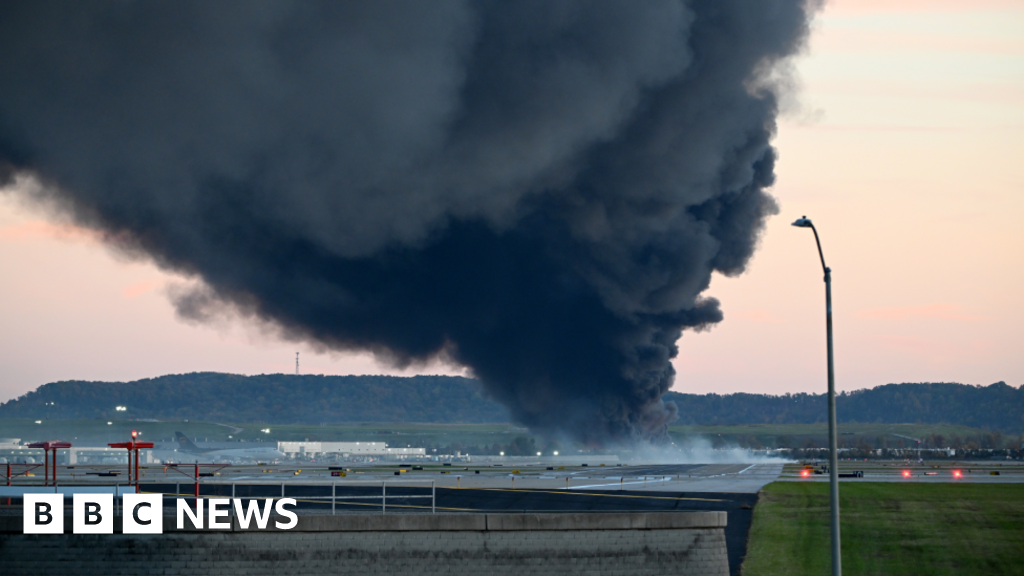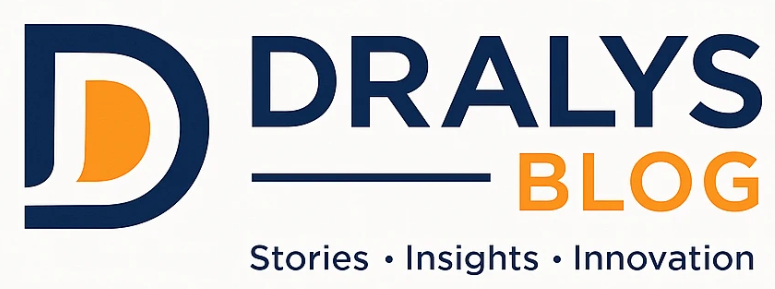Leadership, Ethics, and Governance in the Wake of the Kentucky Aviation Tragedy
The recent tragedy in Kentucky, where a UPS-operated Boeing MD-11 cargo aircraft crashed during takeoff, is a sobering reminder of the essential intertwining of safety, governance, and responsibility in aviation. This incident, which tragically resulted in the loss of 14 lives, has triggered significant actions from aviation authorities, underscoring the vital roles that ethical leadership and corporate governance play in maintaining public trust.
In the wake of the crash, the Federal Aviation Administration (FAA) swiftly mandated the grounding of all MD-11 and MD-11F aircraft, which are currently employed by UPS, FedEx, and Western Global Airlines. This decisive move reflects a commitment to safety and a recognition of the responsibility held by regulatory bodies and corporations alike to prioritize human life over profit.
The Role of Leadership in Crisis Management
Leadership is tested in times of crisis, and this incident serves as a litmus test for the aviation industry. Both UPS and FedEx proactively announced their decision to suspend flights using the MD-11 pending an investigation, demonstrating a commitment to precaution and accountability. UPS expressed in their statements that nothing is more important than the safety of employees and the communities they serve, highlighting an essential ethical stance toward corporate responsibility.
Effective leadership in such crises necessitates transparency and proactive communication with stakeholders. The aviation sector must ensure that lesson learned from this event translate into improved practices and policies to avert future incidents. A clear disaster response plan and a transparent communication strategy can fortify public trust and mitigate operational disruptions.
The Imperative of Ethical Governance
In considering the implications of the Kentucky crash, we must examine the ethical underpinnings of governance structures within aviation companies. The grounding of the MD-11 models, involving seventy aircraft currently in operation, raises critical questions about ongoing safety and oversight. It highlights a dual responsibility: one that encompasses the rigorous maintenance of existing aircraft and the commitment to innovation for safer designs.
The FAA’s decision cascades into the broader corporate framework, impacting delivery services across the United States. FedEx remarked on their contingency plans to manage critical shipments, emphasizing the need for adaptive governance that remains agile in the face of emerging challenges. This adaptability is a hallmark of ethical governance, as it fosters innovation while ensuring unwavering commitment to safety.
Innovation as a Pillar of Safety
The MD-11 aircraft, originally manufactured by McDonnell Douglas before its merger with Boeing, exemplifies the legacy of aviation technology manufactured under the pressure of past demand. Though it was once a flagship model, the transition to a different aircraft design may soon be on the horizon amid increasing safety scrutiny.
In the wake of this incident, the aviation industry has a vital opportunity to invigorate its focus on continually advancing safety protocols. By fostering a culture of innovation, the sector can explore new technologies that prevent similar occurrences. This could involve investing in enhanced engine designs, improved safety features, and sophisticated monitoring systems that serve not only to protect passengers but also the communities in which these aircraft operate.
Furthermore, as data from air traffic monitoring platforms reveals, 55 MD-11 planes were operational last week alone. This invites a reassessment of operational protocols and technological updates that could be beneficial not only from a safety standpoint but also for maintaining operational efficiency as the market demands evolve.
The Broader Sociotechnical Landscape
The aviation tragedy inevitably prompts contemplation about its implications on broader societal frameworks. Every entity involved in air transportation operates within a complex sociotechnical system that demands a balance between operational efficacy and ethical integrity. The intertwined destinies of communities, employees, customers, and regulatory bodies underscore a shared responsibility to safeguard lives while innovating for progress.
In addressing issues surrounding aviation safety, stakeholders must consider public perceptions and the psychological impact such tragedies hold for communities. Ethical leadership goes beyond adherence to regulations; it fosters an environmentwhere safety is ingrained in the operational ethos. Continuous dialogues between relevant parties—aviators, regulators, and communities—are essential. They anchor trust and pave the way for collaborative problem-solving as it pertains to aviation safety and operations.
Dralys Insight
The tragic crash of the Boeing MD-11 cargo aircraft in Kentucky offers profound lessons on leadership, ethics, and innovation in the aviation industry. The necessity for a robust governance framework that prioritizes public safety cannot be overstated. The proactive steps taken by UPS and FedEx in the wake of the crisis illustrate the need for ethical leadership in mitigating risk and fostering public trust.
As we look ahead, the opportunity lies not only in re-evaluation of current systems and aircraft safety but also in embracing innovation and adapting to evolving safety standards. The aviation industry stands at a crossroads, where the choice between complacency and commitment to improvement will define its future. Emphasizing ethical governance and readiness to innovate will invariably lead to a safer, more resilient aviation landscape.
By embracing these challenges with integrity and foresight, leaders can decisively impact the future of aviation safety, setting a precedent for others in the industry to follow.
Adapted for Dralys Insight from global reports and public sources.

